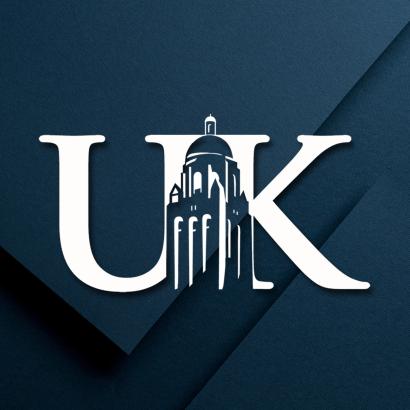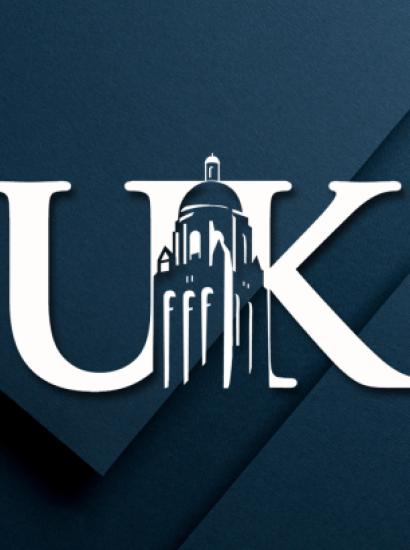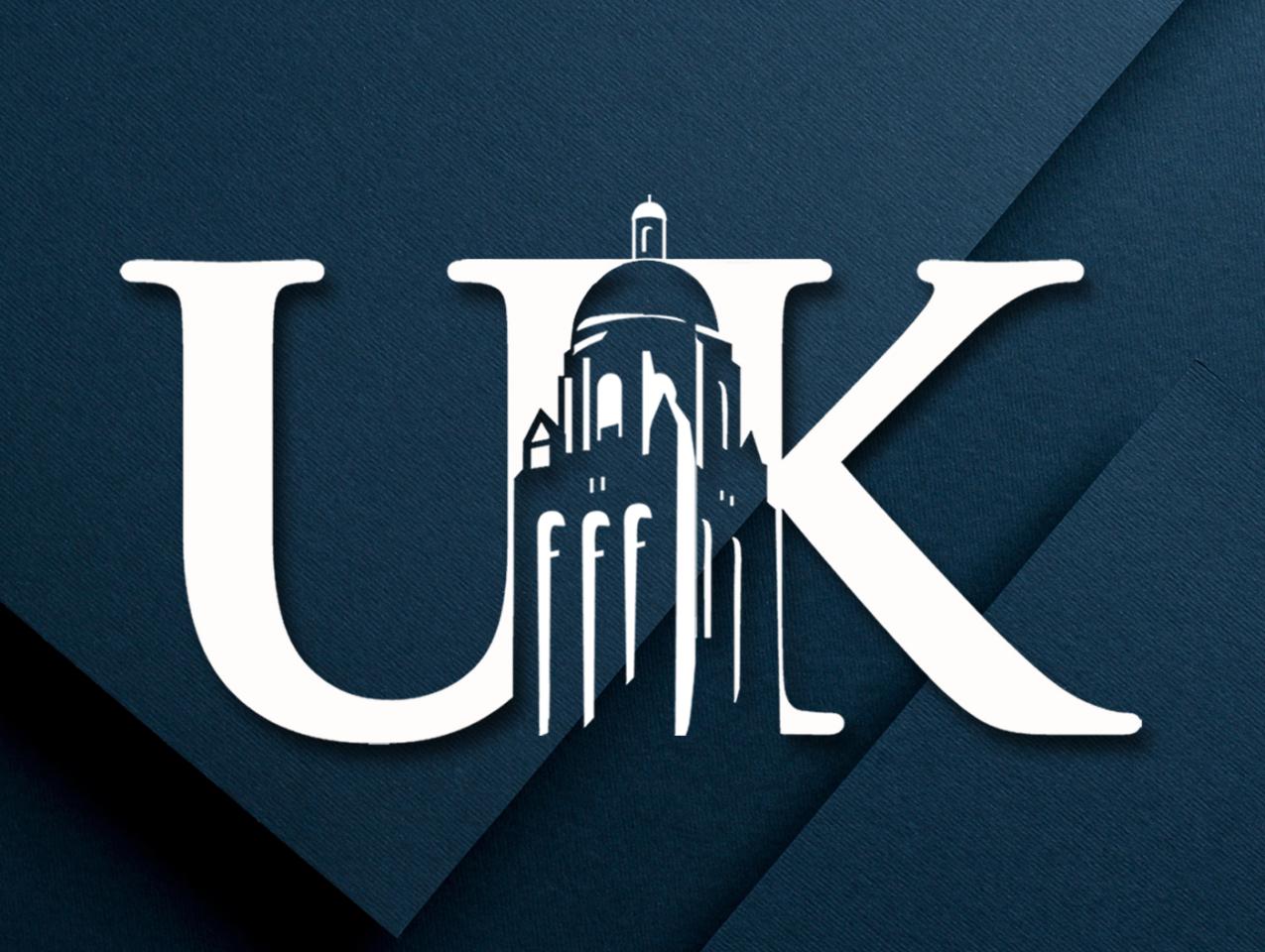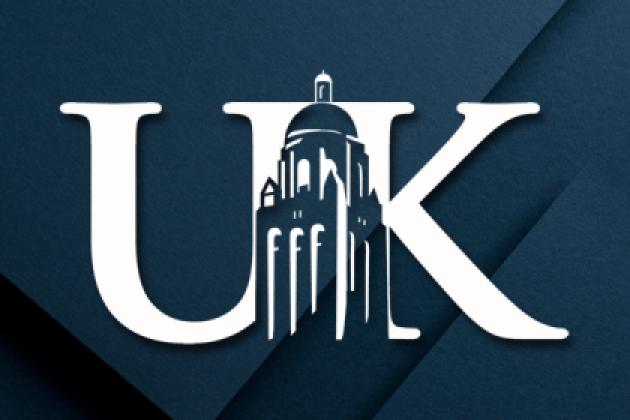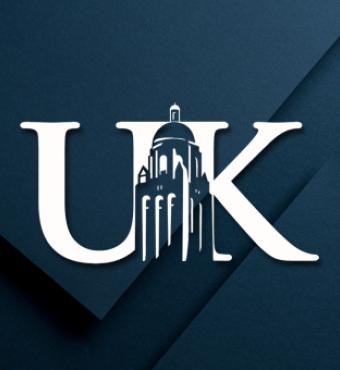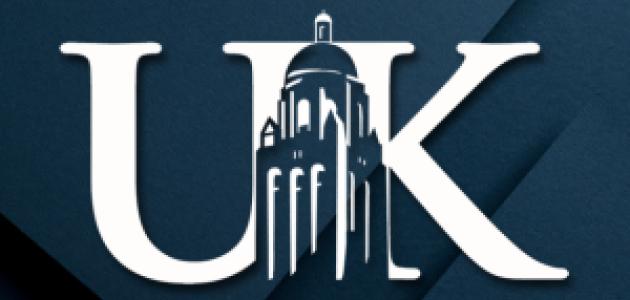- International Affairs
- US Foreign Policy
- Security & Defense
- Terrorism
- History
- Contemporary
- US
- World
- Law & Policy
- Immigration
Recorded on January 17, 2019.
Can a sitting president be indicted? What emergency powers does President Trump have to build a border wall and stop the government shutdown? Richard Epstein and John Yoo sit down with Peter Robinson to answer these legal questions and more regarding the constitutional powers of the presidency, the state of the Supreme Court, the Mueller investigation, and the legality (or lack thereof) of indicting a sitting president.
As the country continues to deal with a partial government shutdown, Epstein and Yoo address the shutdown, the likelihood of its coming to a timely end, and what kind of bipartisan compromise could end it. Yoo suggests that one potential outcome would be that Democrats require the legalized status of DREAMers in exchange for border-wall funding. Epstein argues that President Trump will have to cave if services like TSA screening begin to shut down from lack of funding. They both agree that the longer the shutdown goes on, the more likely citizens are to get increasingly frustrated with both parties, regardless of the moral stances the party leaders are taking.
For what and when can a president declare a national emergency? Epstein and Yoo dive into the history of national emergencies and presidential emergency powers. They discuss which presidents have declared national emergencies in the past and for what reasons, who has the standing to stop a national emergency, and the fact that no court has ever reversed a national emergency. (In 1952, during the Korean War, President Truman issued Executive Order 10340, which ordered US steel mills to operate despite a nationwide strike because Truman wanted to keep materiel flowing to the front. The court concluded that seizing the mills was a legislative act that could only be authorized by Congress.)
Epstein and Yoo discuss William Barr, President Trump’s newly appointed attorney general, and his congressional-hearing questions about the Mueller investigation. They discuss Barr’s legal background, his personal relationship with Mueller, and the likelihood that he would fire Mueller if asked to. Yoo argues that the best course of action for the Mueller investigation is to allow Mueller to clear Trump of any wrongdoing, which would put a stop to any Democrats’ arguments to the contrary.
Related Resources:








